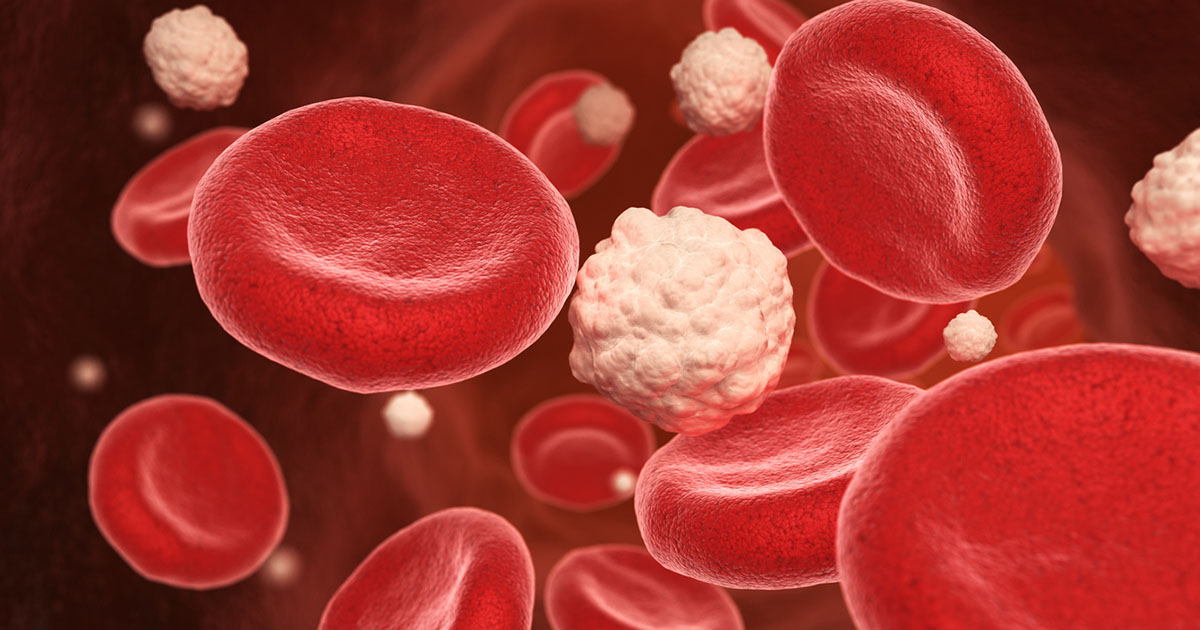High dietary intake of plant-based food has previously been associated with a lower risk of developing type 2 diabetes; however, mere reduction/exclusion of animal products is insufficient to determine the healthfulness of an individual diet. The healthful and unhealthful Plant-based Diet Indexes (hPDI and uPDI) have previously been developed to assess diet quality (Satija et al, 2016). In these indexes, healthy foods include whole grains, fruits, vegetables, nuts, legumes, tea and coffee, whilst unhealthy foods include refined grains, potatoes, sugary drinks, fruit juices, sweets and desserts, along with animal-based products.
In this observational study, UK Biobank data was used to assess the link between hPDI and uPDI scores and the risk of type 2 diabetes, along with the biological mechanisms behind any associations. A total of 113 097 participants were studied, all of whom undertook the validated Oxford WebQ dietary habits questionnaire between two and five times from 2009 to 2012.
Over a mean follow-up of 12 years, 2628 participants (2.3%) developed type 2 diabetes. In multivariate analysis, participants in the highest hPDI quartile had a significantly lower risk of developing type 2 diabetes than those in the lowest quartile (hazard ratio [HR] 0.76). Conversely, those in the highest uPDI quartile had a significantly higher risk compared with the lowest quartile (HR 1.37).
Regarding individual food groups, vegetables and tea/coffee were associated with lower diabetes risk, whilst refined grains, potatoes, sugary drinks and meat were associated with higher risk. The observed associations were not particularly driven by any single one of these food groups.
The association between hPDI score and diabetes risk was mediated most strongly by BMI and waist circumference, each mediating 28% of the association, whilst HBA1c (11%), triglycerides (9%) and ALT levels (5%) were also involved. Various inflammatory markers as well as urate also showed a mediation effect of 4% each. In contrast, only waist circumference (17%), triglycerides (11%) and BMI (7%) showed a significant mediation effect on the association between uPDI score and diabetes risk.
This study was limited by its observational design and the use of (albeit multiple) single-point dietary evaluations. Nonetheless, the findings suggest that unhealthful plant-based diets increase the risk of developing type 2 diabetes, largely by increasing body fat and triglyceride levels, while healthful plant-based diets reduce the risk by means of multiple small effects on metabolic health in addition to reductions in body fat. They conclude that a shift towards healthful plant-based diets is warranted for optimal health.





Attempts to achieve remission, or at least a substantial improvement in glycaemic control, should be the initial focus at type 2 diabetes diagnosis.
9 May 2024